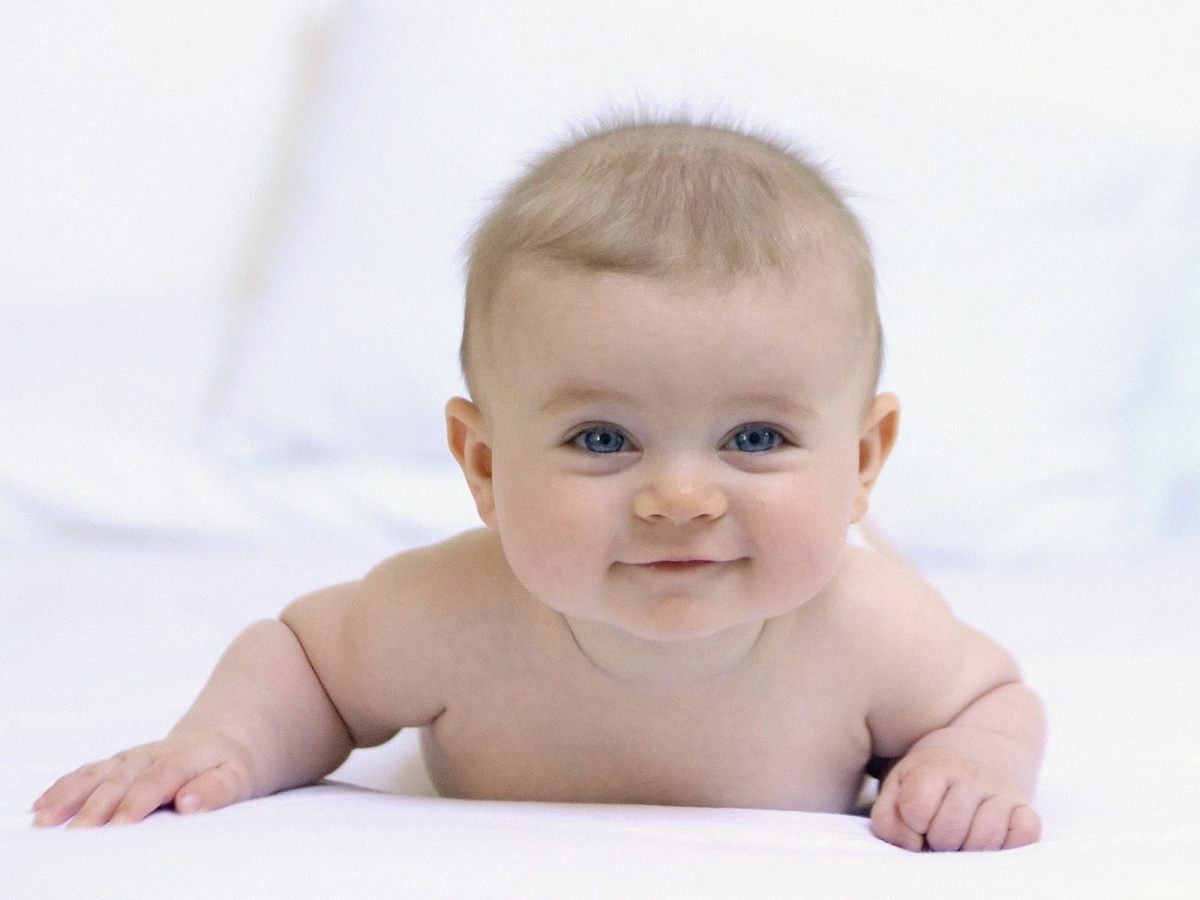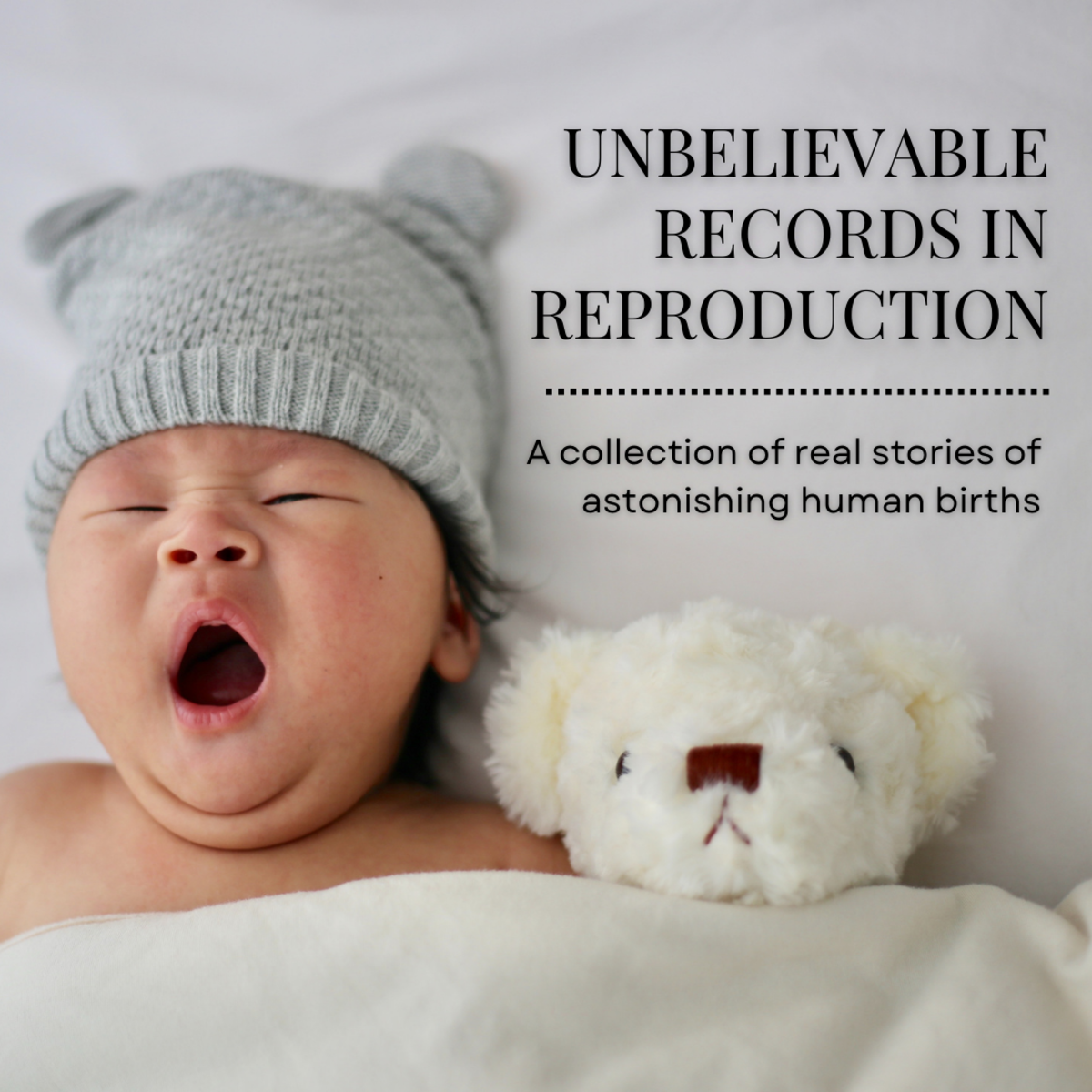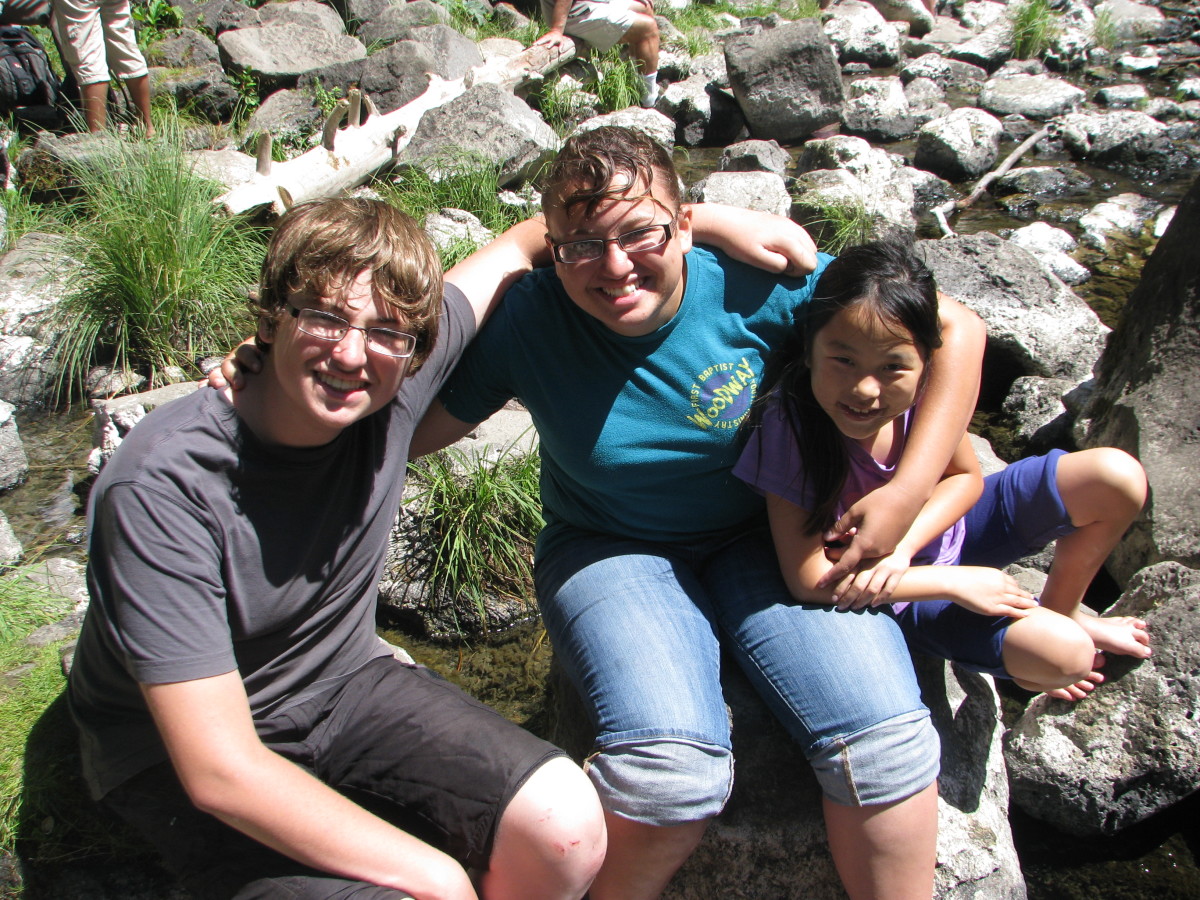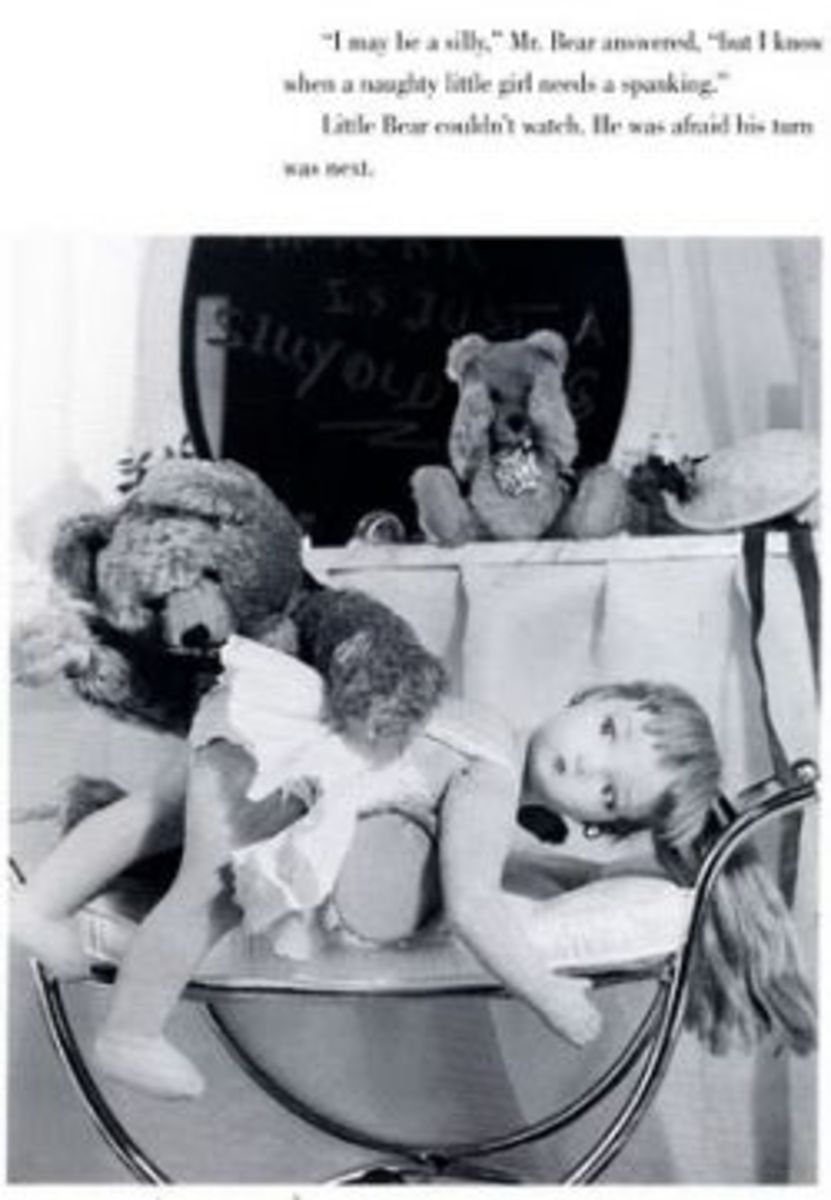Does Birth Order Make a Difference in Traits?
Does Birth Order Matter?

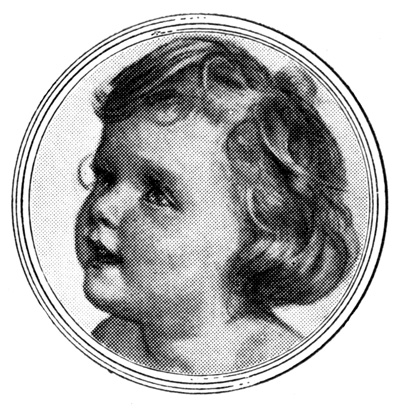
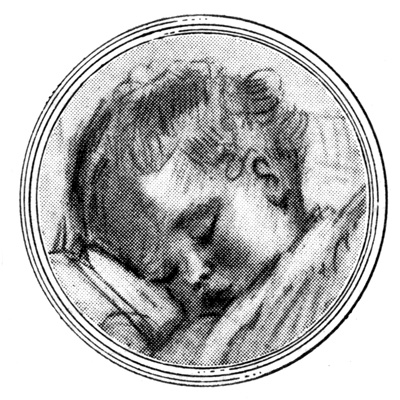

Can birth order affect our personalities and traits?
Psychologists believe birth order can determine many aspects of a person’s personality. Since children learn much of their behavior during the early years of their lives, relationships with siblings have a substantial impact on adult temperament. Also, parents tend to have different expectations for their children based on where each child falls in the family tree.
There’s speculation that first born children benefit from having their parents’ undivided attention, at least until their sibling arrives. Or is their a difference in the “big dreams” moms and dads have when they’re expecting their first child? Do these first-borns pick up on these dreams or expectations? Another theory is that the oldest child is usually given more responsibility and expected to help younger siblings. This builds brainpower.
Does birth order affect children in other ways? Does it shape personalities, interests, and futures? Many factors, from genes to life in the womb, influence how your child turns out, so don’t attribute too much to birth order alone.
Whether they’re first born, in the middle, the youngest, or the one and only, children all have personality characteristics associated with their birth order. Beyond the stereotypes, there’s research dating back to one of the fathers of psychology, Alfred Adler, that clearly shows how birth order helps shape who you are and how you approach the world, relationships, and parenting.
However, birth order does not mean destiny.
Birth Order Resources
The Firstborn Child
It is commonly claimed that firstborns are natural leaders and problem solvers, with strong organizational and reasoning skills. However, they can also struggle with perfectionism and unrealistic expectations. They are smart, ambitious, and determined to succeed. (Twenty-one of the first twenty-three American astronauts were firstborns and over half of all U.S. presidents were firstborn children.)
Firstborns tend to grow up to be mature, organized, and responsible adults; many of whom end up in leadership roles, but who also run the risk of being controlling, strict, and overly hard on themselves (and others).
The firstborn child in any family is in a position of distinction. This position has benefits and challenges. After all, being the sole recipient of a parent’s undivided attention and devotion can make a child feel particularly special. It can also provide an opportunity for closer scrutiny and higher expectations, including setting a good example for younger siblings.
The Only Child
Only children are often an “extreme” version of firstborn children. They typically relate best to people who are much older than themselves. Since they didn’t have built-in playmates as children, only children are often very independent, creative, and self-sufficient. They also tend to be very successful in their professional lives, since they are achievement-oriented and typically have the full support of their parents.
Only children get to be the center of their parents’ attention for a lifetime! Only children are often referred to as lonely-onlies, because without the presence of a sibling and some of the attention off them, they have a tendency to become more self-centered and directed.
The Middle Child
The child born second (or third or fourth or fifth) is put in a very different position than the firstborn. Parental attention now needs to be divided, and there is an older sibling’s standard for the younger child to live up to.
The personality traits of middle children are not as easily defined; however, middle children do tend to move in a direction that is different from their older siblings and often look outside their family to find a group in which they can feel special.
Middle kids are said to be great negotiators and peacemakers, with laid-back attitudes and a love of socializing. According to Linda Dunlap, PH.D., a birth-order-theory expert, middle children are the ones most likely to move far from home once they grow up, partly because they’re seeking a clear identify after having spent their early years sandwiched between siblings.
The Youngest Child
Children who are the last in the birth order are generally charming and outgoing. However, youngest children are said to be the least likely to be disciplined. Maybe because their parents are too laid-back or worn down, by the time the last child arrives to worry over every infraction. Youngest children are usually considered to be the ones that are most doted on, and because of it become good at wrapping people around their little fingers. This perception of being an undisciplined charmer can have its drawbacks. They may be perceived as being spoiled, stubborn, and manipulative.
While being the youngest may seem like a carefree position to hold, this child has to compete more than any of the others for attention. He has much less need (and therefore, ability) to be self-sufficient, and receives far less notice for accomplishments than when those feats were mastered by siblings. The result is a child who thrives on any praise tossed his way, and one who is likely to do anything to get attention.
Parenting and your baby.
What can we expect from birth order?
Expectations:
Having looked at the classic characteristics and tendencies of children born in each birth order position, there are several caveats and exceptions to consider: First of all, gender plays a role. If a firstborn child is a girl and the next is a boy, the scenario that plays out may be more like two firstborn children than that of a first born and middle child. The same often holds true if more than a few years separate the birth of two children. Add twins, step-siblings, or adopted children, and the possibilities become more complex.
In conclusion, it’s important to remember that the order in which a child is born into a family does not have to define a set course in life from which he cannot deviate. Each child is an individual and how you rear your children can be far more important than the order of their birth.
What to do? NOTHING. The best advice for parenting any child is to not let any theories pigeonhole your child’s personality. You need to help him be the best version of who he naturally is.
Infertiity and Family Matters
- ART The Art of Assisted Reproductive Technology
Every year, millions of couples try to conceive a child; unfortunately, many find that they cannot. IVF and other forms of ART - Assisted Reproductive Technology, can be the solution to making those dreams come true.
Does Birth Order Matter?




